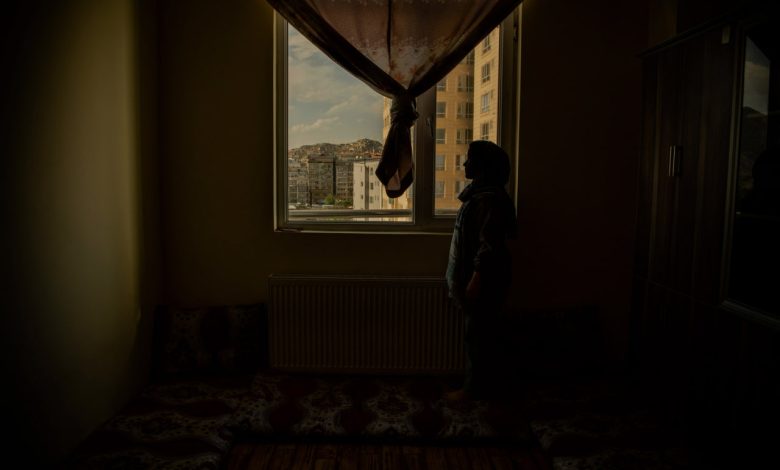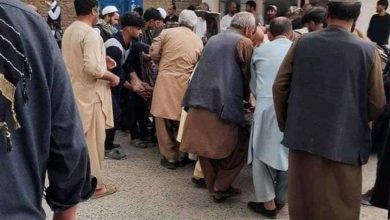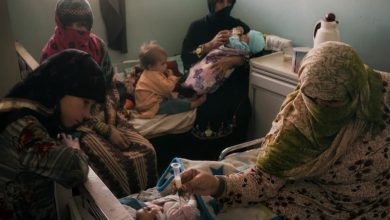
Sakina: Two months after becoming reclusive, I sought psychological counseling
Bayan News – After the Islamic Emirate regained power, in the first months of their rule, they issued a decree banning education for girls above the sixth grade, effectively pushing women and girls to the margins after 20 years. Over time, other orders and decrees were also issued, such as closing the doors of universities to female students, banning women from working in institutions, and finally, prohibiting the operation of women’s beauty salons throughout Afghanistan.
These restrictions have had adverse effects on the mental and emotional well-being of women and girls, to the extent that many of them say they have sought psychological counseling.
Sakina Adib tells the reporter of Bayan News that these restrictions, severe economic problems, and deep psychological damage have affected her and other girls. She adds that the restrictions have had negative effects on the lives of women and girls, saying: “Personally, I became so depressed that I couldn’t even manage my daily tasks normally, and after two months of seclusion, I finally went to a psychologist so that I could continue to live and breathe.”
Ms. Adib states that the two years of living under the rule of the Islamic Emirate were the darkest years of her life, with nothing but repeated nights and no positive changes in women’s lives in terms of progress and advancement, especially in the field of education.
Despite the challenges and restrictions, however, Sakina Adib is not hopeless and believes that Afghan women and girls are stronger than to be easily discouraged and to recite Fatiha for the loss of their basic rights. She added: “Nothing can overlook women, because they are the ones who were considered weak, but still stood up and raised their voices and proved to everyone that women can be resilient and unstoppable.”
Meanwhile, Farzanah Sadat is another girl who has faced severe economic problems with the current government’s restrictions. Farzanah says that after the decree banning women from working was issued, she lost her job, which was the duty that kept her family’s economic cycle active. But now, there’s nothing. “The salary I received supported my family, and losing my job caused a serious problem in my life. I faced many mental and emotional problems; sometimes I comfort myself, and sometimes I wonder how things will turn out, but I have hope for the future and I won’t stop trying.”
She still expresses hope that the restrictions and challenges may be overcome by women and girls until they overcome any crisis and have not lost their courage.







